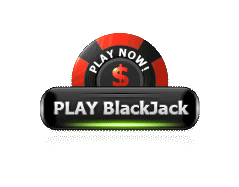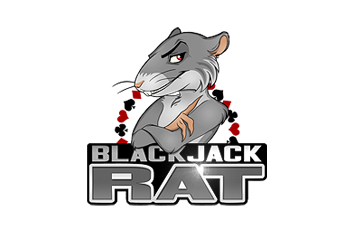What if’s are a lot of fun, especially in casino card games. What if the suit of your choice were wild in five card draw? (I’ve tried it). What if roulette’s black and red bets paid 2:1 instead of 1:1? (the game would no longer exist.) And, what if you knew what your first card in a blackjack hand was going to be before you placed your bet?
What is your advantage of knowing the value of your first card? Well, much like the value of the card itself, it varies. Generally speaking, an Ace affords you a 53% advantage against the dealer (consider that against the low advantage in the house’s favor from not knowing anything before the deal). If you have a 10-value card, your advantage is 10%, and a nine value gives you a slight advantage, somewhere a half percentage above or below 1%. If you get an 8, the advantage swings in the house’s favor by 1%. And if you’re lucky enough to get a five on your first card, the house edge balloons to about 16% (looks like a blackjack side bet).
So what would you do with that knowledge? That wins rhetorical question of the year, of course. I’ll be the farm on an ace more often than not and probably wait the hand out if I saw I was getting a 5. It’s probably also worth mentioning that your odds for those mid cards actually gets worse the more decks there are. Multi-deck games push the house edge closer to 20%.
See how much fun it is to play the “what if” game? Now, if this were to happen, the game either wouldn’t be around very long, or you can bet (no pun intended) the casino would take further steps to even out the playing field, such as reducing the payoffs or changing the rules in its favor. Even so, it’d be cool to get a peek at your hand before you even lay the chips out.


